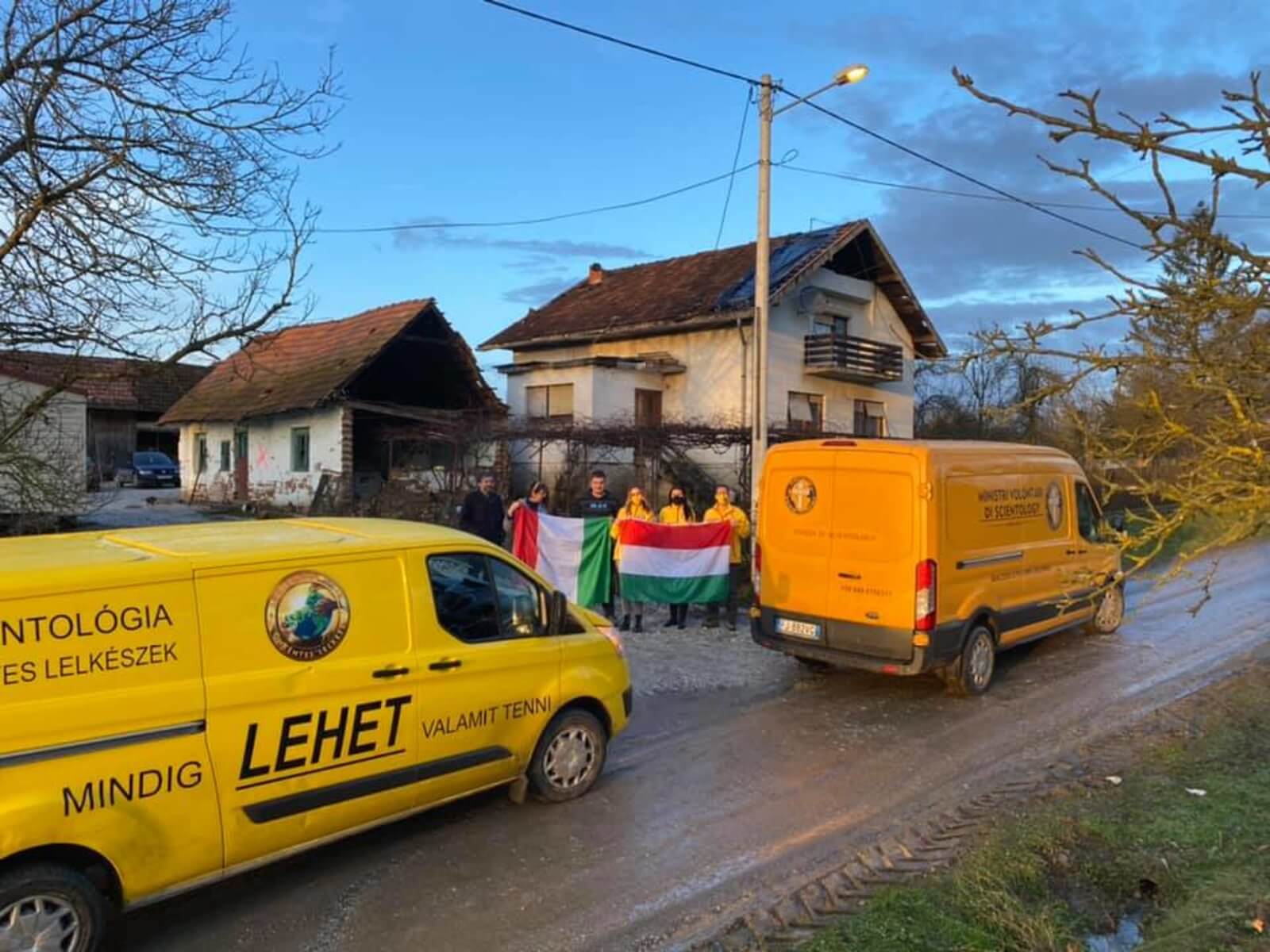It wasn’t enough that she was an ex-slave and a woman. It wasn’t enough that she was just a seamstress for Mary Todd Lincoln and became her confidant and best friend. It wasn’t enough when she wrote a book, she said, to support Mrs. Lincoln in her efforts to sell her old dresses.
But it was way too much when her 1868 book, Behind the Scenes, Or, Thirty Years a Slave, and Four Years in the White House became an expose of her “friendship” with Mrs. Lincoln.
The book had two major parts.
First, it was one of many slave narratives, tracing the injustices that Mrs. Elizabeth Keckley had suffered as a slave, including her rape and subsequent life as a “sex slave.” She records, to a degree, her indignant and harrowing experiences, including the terrible treatment by her masters and mistresses, and even her half-brother. While readers are told of her difficult fight to buy herself and her son, the book is a bit sketchy and limits her readers’ responses. Absent, for example, are the names of her owners. Mrs. Keckley excuses her “owners’ names” because it would be embarrassing to her perpetrators.
As a slave narrative, then, the book is only ordinary, with so many competing books on the market, such as Uncle Tom’s Cabin, far surpassing Mrs. Keckley’s in even the basics of sentimental and alarming detail. Although most slave narratives are quite sentimental, describing the many whippings, in great detail, and highlighting the harsh treatment slaves received, Mrs. Keckley’s book suffers from a lack of details about these actions.
Second, the other part of the book records her friendship and support of Mrs. Lincoln’s emotional state, her time with the Lincoln family, and reflections of the bond she had with Mrs. Lincoln. Mrs. Keckley soon earned the trust of Mrs. Lincoln, who called Mrs. Keckley “my best living friend.” Mrs. Keckley, for example, was there the night the Lincolns’ young son, Willie, died, watching over him as the President and First Lady were hosting a reception at the White House. The Lincolns periodically checked in on Willie who steadily got worse before succumbing to typhoid fever.
Mrs. Lincoln also requested that Mrs. Keckley be at her side while President Abraham Lincoln slowly succumbed to an assassin’s bullet. Realizing how much Mrs. Keckley meant to Mrs. Lincoln, one group frantically went to find Mrs. Keckley, only to get lost in the process.
Yet Mrs. Keckley was there for the First Lady’s grieving process, Mrs. Lincoln telling someone that Mrs. Keckley “watched faithfully by her side.”
But Mary Todd Lincoln was practically inconsolable. She once summarized her state of mind: “I had an ambition to be Mrs. President; that ambition has been gratified, and now I must step down from my pedestal.”
To Mrs. Keckley’s credit, she didn’t give up on the grieving widow while others criticized the First Lady for her months of grieving. In fact, Mrs. Lincoln extended the whole grieving process by wearing a widow’s habit for the rest of her life.
At the time, it seemed that nothing could break the bond between Mrs. Lincoln and Mrs. Keckley. But the publication of her book in 1868 did lasting damage to the relationship with Mrs. Lincoln. Particularly, the book’s publication so marred and so angered the First Lady that the friendship they once knew was no longer a bond that would not break. What Mrs. Keckley’s book said then created so deep a wound that it never healed.
One of Mrs. Lincoln’s contentions was the publication of the intimate letters between Mrs. Lincoln and Mrs. Keckley. Mrs. Keckley claimed that the publishers felt that the letters were “sensational” enough to “spice up” an otherwise dull tome. But Mrs. Keckley, in truth, had secured the letters from Mrs. Lincoln, creating lasting doubt on Mrs. Keckley’s story and purpose. But Mrs. Keckley’s retort was that she only wanted the public to know about Mrs. Lincoln’s financial problems.
Mary Todd Lincoln’s Many Debts Unknown to the President
Lincoln’s assassination had another effect that Mary Todd Lincoln hadn’t planned on. Prior to the awful night at Ford’s Theatre, Mrs. Lincoln had incurred a number of outstanding debts that she hadn’t told her husband about, hiding the costs in the gardener’s account and budget. Lincoln was not in favor of the many projects that Mrs. Lincoln had for the White House.
In fact, Lincoln pooh-poohed Mrs. Lincoln’s attempt to re-do the White House, labeling her efforts a “bunch of flubadubs,” using good money, he reasoned, that could better go to the troops. But she paid little attention and routinely exceeded the amount of money in charges at elite stores in New York and Boston. While Congress had allotted certain monies for the “freshening” of the people’s house, she continued to spend extravagantly and thoughtlessly, despite Congress and her husband’s efforts to stop her.
Now those bills had come due and she was without enough money to pay them.
The Old Clothes Scandal
But now, Congress balked at paying the bills. Realizing her fate, Mrs. Lincoln had to come up with some money-making method of paying all the bills. She hit upon the idea of selling the old dresses she had worn during her term as First Lady. She imagined that many of Lincoln’s admirers would jump at the chance of buying them. To assist her, she and Mrs. Keckley again went to New York to find someone to mastermind the sale.
Yet, the whole scheme soon leaked to the press, whose relationship with Mrs. Lincoln was tenuous at best. The press often called her the “rebel in the White House.” There were even hints in the press that she also was a “spy,” who had leaked information that would be helpful to the Confederacy.
But the sales of the used dresses went nowhere, a ploy in the end that cost money instead of earning any.
She again asked Congress for more and more money, funds that Congress soon found to be unnecessary and ultimately denied the requests. Part of their reaction could be traced to her attitude. She boasted that President Lincoln, the dead martyred President, “saw my rich dresses and [was] happy to believe that the few hundred dollars that I obtain[ed] from him supply all my wants.”
At the same time, Mrs. Lincoln received some good news about her finances when she found a friend in Judge Dan Davis, who arranged for her to receive an inheritance that made the former First Lady financially comfortable. In spite of the money given to Mrs. Lincoln, she designated none for Mrs. Keckley to help deal with Mrs. Keckley’s indebtedness for material that Mrs. Keckley herself had charged, expecting to be paid back. Mrs. Lincoln seemed to have forgotten her “best friend” amid her financial recovery and would not deign to give her seamstress any of the money.
But money wasn’t the only slight Mrs. Keckley suffered.
When Mrs. Keckley’s book was published, the public began to view Mrs. Lincoln in a more focused light. It quickly became a kind of guidebook for Mrs. Lincoln’s uncontrolled disposition. In Mrs. Keckley’s book, Mrs. Lincoln was often portrayed as a petulant, self-centered, narcissistic person—traits that Mrs. Lincoln did not display openly to the entire world. But Mrs. Keckley’s book revealed many particular instances; for example, the publication of intimate letters between Mrs. Lincoln and Mrs. Keckley provided the specific examples that the press only knew in part. In fact, the letters verified to the press that some of their own misgivings about the First Lady were true.
Mrs. Lincoln sought answers about her suspicions of Mrs. Keckley, convincing herself that she was the object of terrible cruelty. Mrs. Lincoln then saw a sinister side to the publication of the Mrs. Keckley-Lincoln letters and quickly reached conclusions about Mrs. Keckley’s reasons for including the letters. In fact, Mrs. Lincoln remarked that she now “understood” what “evil” use the letters served.
Now, Mrs. Lincoln felt “betrayed,” likening it to the gross insult she had received from Lincoln’s law partner, William Herndon, who told Mary Todd about the Abe Lincoln-Ann Rutledge romance in New Salem, Illinois, when Lincoln was a resident there.
Feeling deeply hurt, Mrs. Lincoln then called Mrs. Keckley “that colored historian.” The former First Lady maintained that Mrs. Keckley had no right whatsoever to relate the events that transpired at the White House. Others said Mrs. Keckley was nothing but a “gossip monger.” One critic accused Mrs. Keckley of imposing herself in the everyday life of the Lincoln family, using that as a “cover” for the close friendship between the First Lady and Mrs. Keckley merely to gain information about the Lincolns. A reviewer even called Mrs. Keckley a ‘treacherous creature,” while another said that the lesson of the experience was that educating blacks was “a dangerous act.”
To many, then, Mrs. Keckley—an ex-slave at that—had described to the world what went on in the White House in her “tell-all” book. It was way beyond good taste in their view.
Robert Lincoln, Mrs. Lincoln’s son, convinced the publisher to halt production of the embarrassing work, but it was again published to low sales in the early 1900s.
Ardently arguing her case, Mrs. Keckley tried to explain that she, too, had been duped by her publisher, but to no avail. She again tried to defend the book as a way to spur sales and alert the public of Mrs. Lincoln’s financial condition. Mrs. Keckley put it more gently and thought that Mrs. Lincoln “labored under pecuniary embarrassment.”
Apparently, Mrs. Lincoln remained cautious of Mrs. Keckley’s intentions and continued to believe that Mrs. Keckley had “betrayed” her.
The deep and abiding friendship and trust they once enjoyed had been destroyed.
And Mrs. Lincoln’s response to the entire relationship, whether intended or not, followed the script that Mary Todd Lincoln seems to have written for herself.
Dr. Marshall Myers, 313 Dylan Court, Richmond, KY 40475














